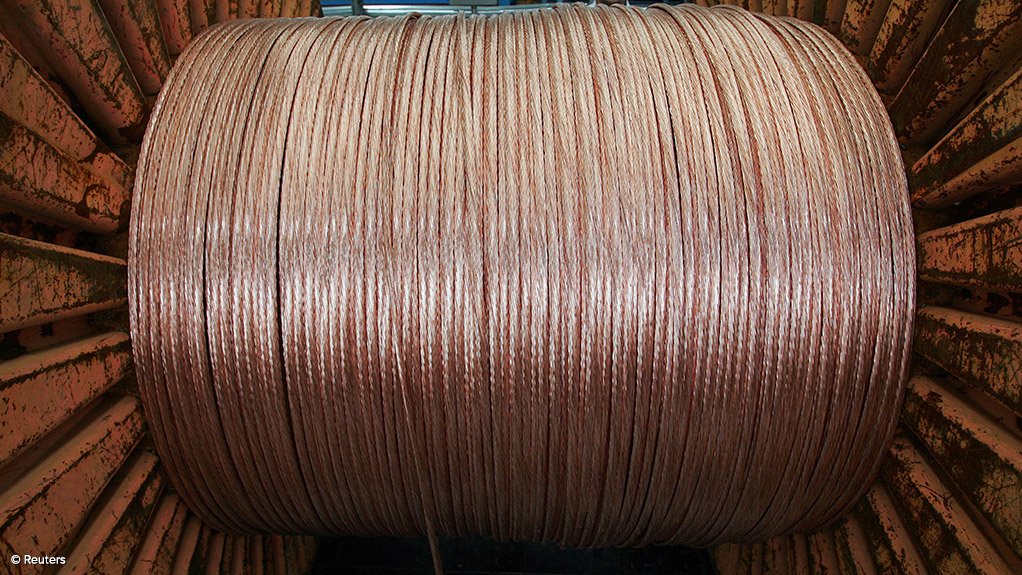President Jacob Zuma has announced that Cabinet has approved a Bill that will help curb copper theft and any vandalism of infrastructure because disrupting infrastructure will be regarded as a more serious crime.
The President said these crimes hamper the supply of electricity, which results in disruptions to train schedules and the supply of water, among other things.
President Zuma briefed the media following a meeting of the Presidential Infrastructure Coordinating Council (PICC) at Tuynhuys in Cape Town, on Thursday.
“Cabinet has also approved a Bill that has now been submitted to Parliament. It will introduce changes to two laws – the Criminal Procedures Act and the Criminal Law Amendment Act.
“The Bill seeks to, amongst other provisions, regulate bail in respect of essential infrastructure related offences and introduce minimum sentences,” he said.
The President said this will contribute to the fight against the theft of copper, cables and metal from the country’s infrastructure programme.
This will now mean that the disruption of infrastructure will no longer be regarded as a minor crime, or a mere theft. “It is a serious economic offence,” he said.
The PICC, which is chaired by the President himself, is a meeting of Ministers, Premiers and Executive Mayors of metropolitan councils to discuss infrastructure and ways of removing bottlenecks where they exist in order to fast-track the delivery of infrastructure for social and economic development.
At the last meeting, which took place at the Union Buildings in Pretoria on 30 April 2015, the President received reports on construction progress across the full public infrastructure project pipeline, organised through 18 major Strategic Integrated Projects (SIPs).
Focus on completing key energy infrastructure
President Zuma said a lot of progress has been made towards the completion of key infrastructure projects around the country.
These included, among others, the R2-billion Coega project in the Eastern Cape that will provide renewable energy to power as many as 50 000 houses upon completion.
He also said government had launched the War on Leaks maintenance project at the Nelson Mandela Bay, which will employ 15 000 young people over the next two years to fix leaking pipes and taps.
Water leaks cost the country about R7-billion per year, the President said.
“While we can celebrate some of the successes in infrastructure, I requested the PICC to concentrate on what we still need to do. Some of the areas of work that we need to focus on [includes] the need to ensure the completion of the remaining Medupi Power Station units and the other two power stations, Kusile and Ingula, on deadline.
“This is important because energy remains a major obstacle to economic growth.”
The President said the PICC needs to find solutions to address the shortage of student accommodation, hospitals and schools, as well as installing solar water geysers.
He said departments have been given a directive to obtain funding in order to meet government’s target of rolling out 1.4-million geysers over the next four years.
“Importantly, the council meeting today introduced a new tone of focus, urgency and dedicated implementation. We agreed that we need to improve with pace in order to meet the targets we have set for ourselves.
“If we do that, the infrastructure programme will yield the desired result.”
Edited by: SANews, SA government news service
EMAIL THIS ARTICLE SAVE THIS ARTICLE
To subscribe email subscriptions@creamermedia.co.za or click here
To advertise email advertising@creamermedia.co.za or click here













